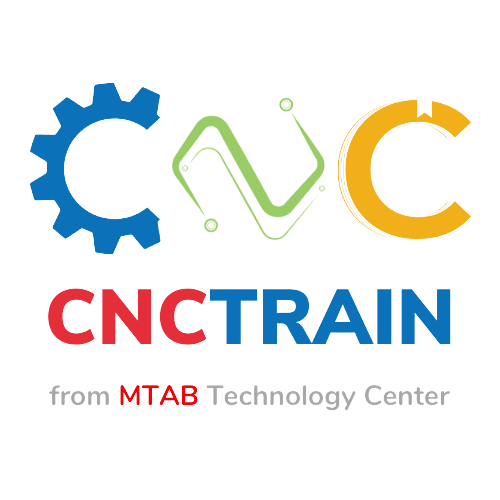My Internship Experience at Abhyaz: A Virtual Dive into Electrical Engineering and Automation
Internships are a crucial stepping stone in every engineer’s career, offering a glimpse into real-world applications of academic concepts. My internship at Abhyaz as an Electrical Engineer Intern was a unique and enriching experience in a virtual learning environment.
Learning the Basics of PLCs: Foundation for Industrial Automation
At Abhyaz, I began by learning the core concepts of Programmable Logic Controllers (PLCs), understanding their role in controlling machinery and industrial processes. I explored how PLCs can be used for precise automation control. This foundational knowledge helped me appreciate the importance of PLCs in industrial systems and laid the groundwork for more advanced learning. The virtual learning environment allowed me to explore the basics of PLCs in a way that was both structured and flexible.
Studying PLC Programming: Gaining Practical Knowledge
Abhyaz fostered an environment of self-study, encouraging me to learn PLC programming at my own pace. By finding online tutorials and virtual exercises, I explored the basics of PLC programming logic as well as input/output operations. This self-guided approach allowed me to grasp PLC programming concepts in an efficient pace, while also gaining confidence in how automation systems are programmed. The opportunity to experiment and practice independently helped solidify my fundamental understanding of PLCs using software.
Exploring Hydraulics: Understanding Fluid Systems and Components
In my exploration of hydraulics, I learned about the different types and characteristics of hydraulic fluids, and how they impact the efficiency and functionality of hydraulic systems. I also studied hydraulic pumps, valves such as the shuttle valve, and actuators, understanding their individual roles in powering and controlling hydraulic systems. Additionally, I learned about the application of limit switches in hydraulic systems, which help control the movement of actuators by providing precise feedback on system status. This knowledge enhanced my understanding of fluid power and its crucial role in industrial automation.
